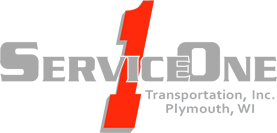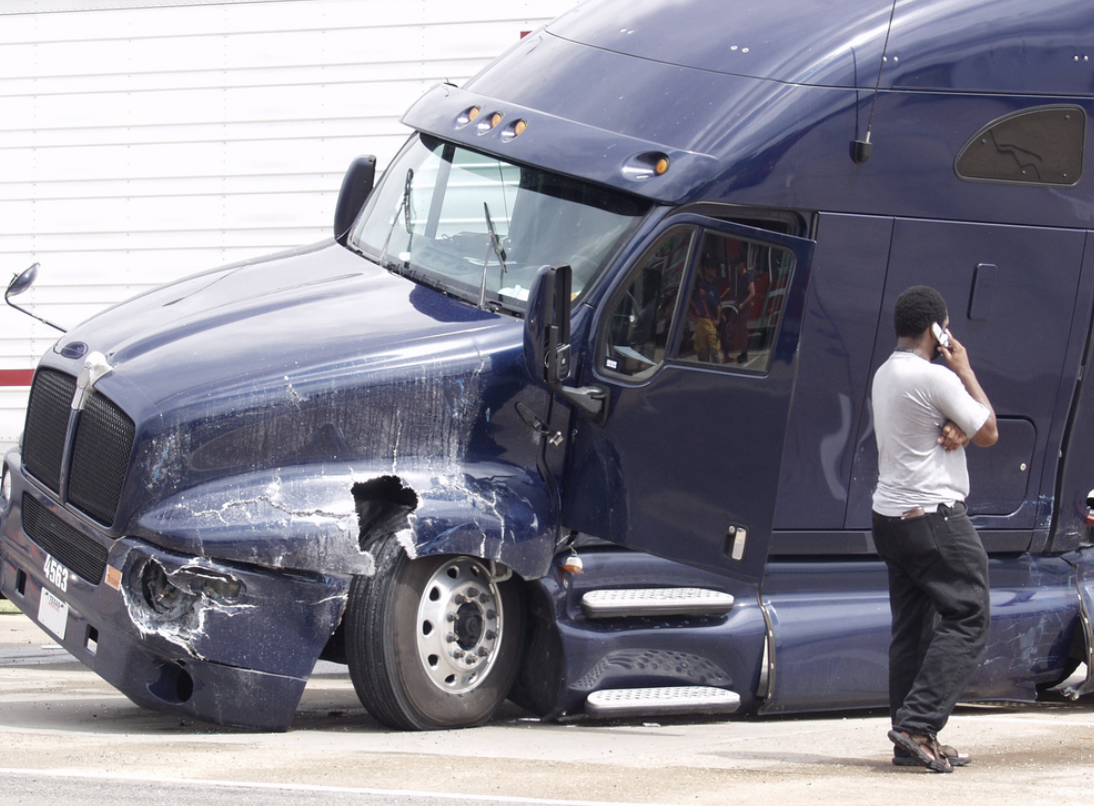Whether you’re an independent owner-operator or manage a fleet of trucks, commercial truck insurance is crucial to keeping your business protected. It goes beyond standard auto insurance, offering coverage tailored to the unique risks and demands of the trucking industry. This guide will walk you through everything you need to know about commercial truck insurance, from the types of coverage available to factors affecting premiums and tips on reducing costs.
Why Commercial Truck Insurance Is Essential
Commercial truck insurance is not just a smart investment—it’s a legal requirement in most cases. But beyond compliance, having the right insurance coverage offers a host of benefits:
- Financial Protection: Trucking accidents can result in high costs, including medical bills, repairs, and legal fees. Without proper insurance, you could be left with massive financial burdens.
- Legal Compliance: Federal regulations mandate specific minimum liability insurance coverage, depending on the weight of your truck and the type of cargo you transport. Failing to meet these requirements can lead to severe penalties.
- Cargo and Asset Protection: Trucks and cargo represent significant investments. Insurance helps protect these assets against risks such as theft, accidents, and natural disasters.
- Business Opportunities: Many clients, shippers, and brokers won’t work with you unless you have adequate insurance. Proper coverage can help you secure contracts and grow your business.
Types of Commercial Truck Insurance Coverage
Understanding the various types of coverage available is key to building a comprehensive insurance plan that protects your business. Here are the primary options:
Primary Liability Insurance
This is the basic coverage required by law. Primary liability insurance protects you if you’re responsible for an accident, covering damages to other vehicles, property, and people. However, it won’t cover damage to your own truck or cargo.
Physical Damage Coverage
Physical damage coverage is essential for protecting your truck in case of accidents or other incidents. It is typically divided into two types:
- Collision Coverage: This covers the cost of repairing or replacing your truck if it’s damaged in an accident, regardless of who’s at fault.
- Comprehensive Coverage: This protects your truck from non-collision-related damage such as theft, vandalism, or natural disasters.
Cargo Insurance
If your business involves transporting goods, cargo insurance is vital. It covers damages or losses to the freight you’re hauling due to accidents, theft, or other incidents. Coverage levels will vary depending on the value and nature of the cargo.
Bobtail Insurance
Bobtail insurance, also known as non-trucking liability, provides coverage when you’re operating your truck without a trailer or cargo. It covers you during non-dispatched driving, such as when you’re driving to maintenance or simply returning home after a job.
General Liability Insurance
This type of coverage protects you from liabilities that occur off the road. It’s especially useful for covering incidents such as customer injuries at your business premises or damages caused during loading or unloading cargo.
Factors That Affect Your Commercial Truck Insurance Premiums
Several factors impact the cost of your commercial truck insurance. Understanding these variables can help you better manage your insurance expenses.
Driving Record
One of the biggest influences on your insurance premium is your driving record. Accidents, traffic violations, or driving under the influence (DUI) charges can significantly increase your insurance costs. Conversely, maintaining a clean driving record can help lower your premiums.
Type of Cargo
The type of goods you transport plays a role in determining your insurance costs. Hauling high-value items or hazardous materials typically comes with higher risks, and therefore, higher premiums. Transporting standard or low-risk cargo can result in lower insurance costs.
Truck Make and Model
Newer, more expensive trucks usually cost more to insure due to their higher replacement or repair costs. However, trucks equipped with advanced safety features may qualify for discounts on insurance premiums.
Distance Traveled
How far you typically drive also affects your premiums. Long-haul truckers tend to pay more because more time on the road increases the risk of accidents. Short-haul or local drivers may enjoy lower premiums because they typically cover fewer miles.
Insurance History
Your past insurance history can also affect premiums. If you have a history of filing claims or lapses in coverage, insurers may consider you a higher risk, leading to increased premiums. A clean insurance history, however, may qualify you for better rates.
How to Reduce Your Commercial Truck Insurance Costs
While commercial truck insurance is an essential expense, there are several strategies you can use to lower your premiums.
Maintain a Clean Driving Record
The easiest way to reduce insurance costs is by maintaining a clean driving record. Safe driving minimizes the risk of accidents, which can lead to lower premiums. Many insurers offer discounts to drivers or businesses with clean records.
Increase Your Deductible
Raising your deductible—the amount you pay out of pocket before insurance kicks in—can lower your monthly premium. However, make sure the deductible is an amount you can afford in case you need to file a claim.
Install Safety Features
Equipping your trucks with safety technology such as anti-lock brakes, GPS tracking, and collision warning systems can help lower your insurance premiums. Many insurance companies offer discounts for trucks with advanced safety features.
Bundle Policies
If you own a fleet or need multiple types of insurance, consider bundling policies under one provider. Many insurers offer discounts when you combine general liability, cargo, and physical damage coverage into a single policy.
Take Advantage of Discounts
Ask your insurer about available discounts. Many insurance companies offer savings for things like participating in safe driving programs, taking safety courses, or installing telematics systems to monitor driving behavior.
Choosing the Right Insurance Provider
Not all insurance companies are the same. When choosing an insurer for your commercial truck insurance, consider the following factors:
Look for Industry-Specific Expertise
Not all insurance providers understand the complexities of the trucking industry. Choose a company with experience in providing coverage for trucking businesses. They’ll be more familiar with industry regulations and the unique risks truckers face.
Financial Stability
It’s essential to choose an insurer with strong financial stability. You want to be sure they can pay out claims if needed. Check ratings from agencies like A.M. Best or Moody’s to ensure your provider is financially sound.
Customer Service
When something goes wrong, you’ll want to work with an insurance provider that has excellent customer service and a smooth claims process. Read reviews and talk to other truckers to get recommendations on insurers known for reliable support.
Conclusion
Commercial truck insurance is an essential part of protecting your trucking business. From liability coverage to cargo insurance, having the right policy in place ensures you’re prepared for any unexpected incidents that might come your way. By understanding the factors that influence your premiums and taking steps to reduce costs, you can make informed decisions that protect your assets and keep your business running smoothly.
Take the time to review your policy regularly, ensure you’re compliant with legal requirements, and work with an experienced provider to get the best coverage for your needs.

